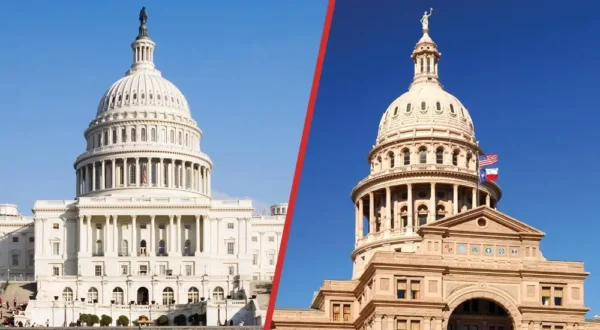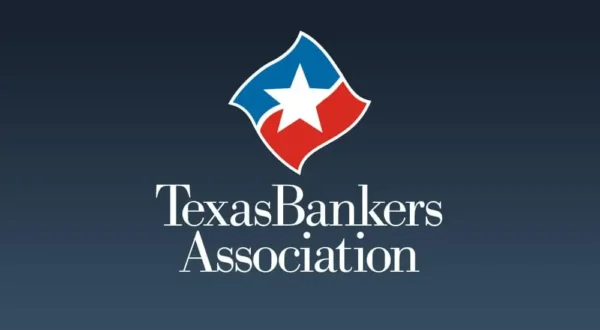Consumer Lending Basics
Learn the consumer lending process from taking the application to making the final credit decision. Special emphasis will be placed on recognizing exceptions and how to properly mitigate these risks – when it makes sense for bankers to intervene and grant a waiver. We also will explore personal tax returns and developing related personal cash flow, including small business and self-employed borrowers. While this program provides a brief overview of compliance and fair lending regulations, the focus is on the underwriting and loan analysis process.
When
Where
Virtual
Presenter

Richard Hamm
Richard Hamm has been training bankers for more than 30 years, including both creating and teaching courses for the American Bankers Association (ABA) and the Risk Management Association (RMA), plus regional banking schools (Graduate School of Banking – Wisconsin, Graduate School of Banking at Colorado, Southwestern Graduate School of Banking and Barret School of Banking – Memphis), numerous state banking and community banking associations and individual banks.
9:00 a.m. – 4:00 p.m.
Program
Noon – 1:00 p.m.
Lunch
Branch managers, consumer lenders, mortgage bankers, private bankers, small business lenders, credit analysts, loan review specialists, consumer lending managers and credit officers.
Registrants will receive instructions in advance to access the online class and download the materials. Registrants will have access to a recorded copy of both sessions and materials for up to 90 days.
The fee includes access to the virtual seminar, program materials and session recordings.
IMPORTANT: Registration is per person. All attendees must be registered to ensure access to the program, materials, recorded content and to be eligible to receive CE credit.
Cancellation/substitution requests must be made in writing. Email requests to education@texasbankers.com. Full registration fees will be refunded if written notice is received no later than June 19, 2024. Substitutions are permitted without penalty.
Texas State Board of Public Accountancy: 11 CPE credit hours. There are no educational prerequisities.
- Current Industry Trends:
- Recent Issues, such as the pandemic, consumer savings and strong liquidity, but with higher interest rates and other costs.
- Re-thinking the predictive power of credit scores
- The market for residential mortgages and home equity lending
- Taking the loan application (or personal financial statement), getting the needed information, and issues with helping the customer complete the schedules
- Beyond W-2s and pay stubs: Tips on how to qualify income and verify employment
- Myths and realities of credit bureau reports
- Getting beyond “the dog ate my homework” types of excuses for poor credit history
- A framework for dealing with applicants that have a previous bankruptcy
- Credit policy exceptions are serious business – your reasons for granting a waiver must be equally serious
- Collateral considerations and six general factors affecting collateral values
- Beyond the “big three” of credit score/history, debt ratio and loan-to-value: Tips on using other important factors to mitigate risks and underwrite a solid loan
- Update on residential mortgage lending and the basics of the mortgage loan process
- Key issues when dealing with residential construction loans
- How to compile and construct personal cash flow from tax returns.




